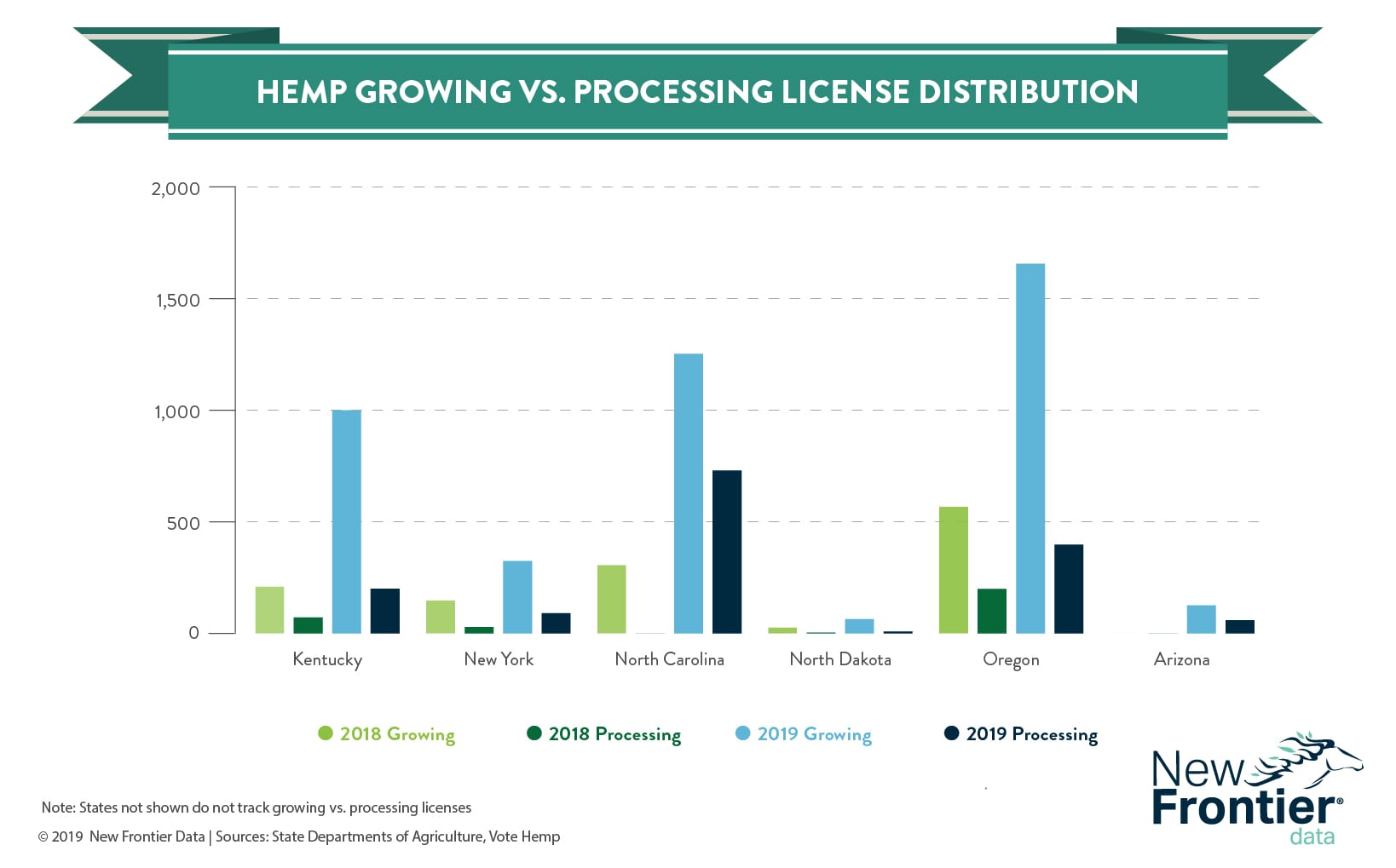USDA Offers Interim Regulations, Public Comment Period for Industrial Hemp


By William Sumner, Hemp Business Journal
Ten months after passage of the 2018 Farm Bill, the United States Department of Agriculture (USDA) has released its interim regulations for the U.S. Domestic Hemp Production Program. Included in the interim rules is a provision allowing the USDA to approve hemp production plans developed by states and Native American tribes. The rules also provide a federal blueprint for hemp producers in states which have not yet adopted their own hemp regulations.
“Seeing this progress from USDA in developing the industrial hemp rules and regulations is a key step forward in helping this industry move forward,” Rep. James Comer (R-Ky.) told the Hemp Business Journal. “I’m excited about the cutting-edge business opportunities provided by the emerging hemp industry, and I look forward to continued production in Kentucky’s 1st District and throughout the nation.”
At press time, the interim rules were pending inclusion in the Federal Register (thus, while revisions could yet be made, the USDA has pledged to publish them yet this week). Once posted, the rules will go into effect immediately, with the USDA taking public commentary for up to 60 days. A draft version is available.
Meanwhile, there are some preliminary takeaways for the industry:
The new USDA rules do not include a seed certification program.
Under the 2014 Farm Bill, states like Colorado developed their own seed certification programs. The USDA avoided a similar federal program for several reasons, including that hemp seeds can react differently based on location, terroir, and cultivation conditions. The USDA also cited lack of data and technology to accurately predict seed planting results in different locations.
CBD is not covered in the new rules.
While the interim hemp regulations repeatedly refer to CBD, it is not covered in the new regulations. The USDA defers to the Food and Drug Administration’s “authority to issue a regulation allowing the use of such ingredients in food and dietary supplements.”
There are no rules for hemp exports.
The USDA provides no rules for hemp exports, but asserts cooperating with industry and federal agencies to devise regulations pending sufficient interest.
Testing samples must be collected within 15 days of harvest.
Designed to allow for certain variables such as delays due to weather, etc., the USDA expects the 15-day sample window to accommodate the most accurate measurements of THC levels at the point of harvest. If cultivators wait beyond the 15-day period, their plants may have higher levels of THC than the collected samples. The agency offers sampling guidelines.
The interim rules provide guidelines for hemp testing.
Among the industry’s more pressing issues has been testing guidelines, as each state sets its own standards. The USDA’s interim hemp regulations are intended to establish specific criteria for both the process and testing laboratories.
All testing labs for industrial hemp must be registered by the DEA in order to handle any controlled substances should samples exceed the 0.3% THC concentration level. Testing labs must also report the margin of error for each test, to determine compliance.
The USDA is also considering a fee-for-service hemp laboratory approval process for labs looking to test hemp samples for THC. Prospective labs would be approved by the USDA, the Agricultural Marketing Service, and the Laboratory Approval Service which administers the Laboratory Approval Program. The proposal is not reflected in the new rules, but the USDA will take comments on the idea, and offer guidelines here. Pending the comments period, the USDA warns that passage of final regulations for the U.S. Domestic Hemp Production Program may take yet two years for completion.
William Sumner
William Sumner is a writer for the hemp and cannabis industry. Hailing from Panama City, Florida, William covers various topics such as hemp legislation, investment, and business. William’s writing has appeared in publications such as Green Market Report, Civilized, and MJINews. You can follow William on Twitter: @W_Sumner.



